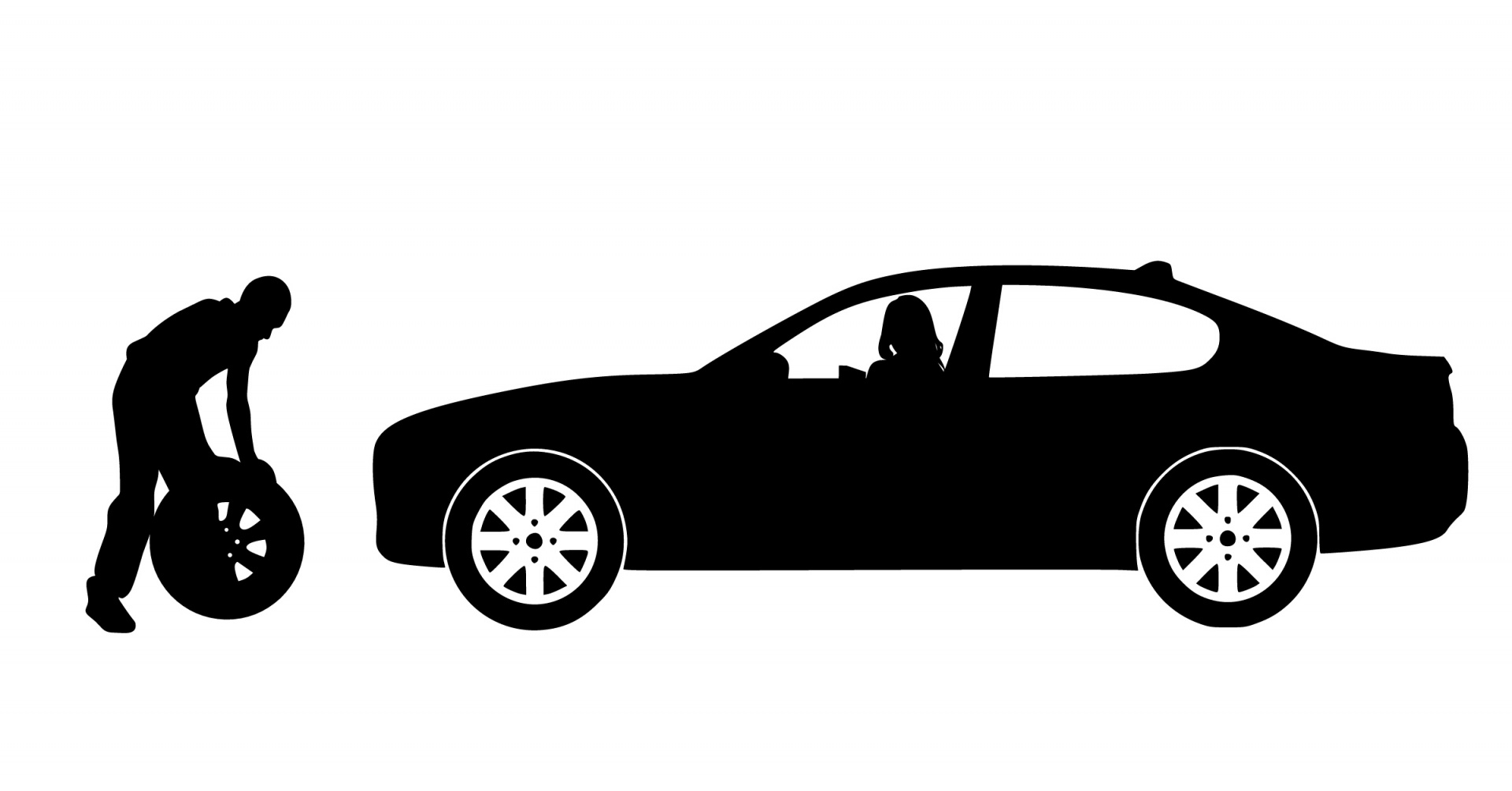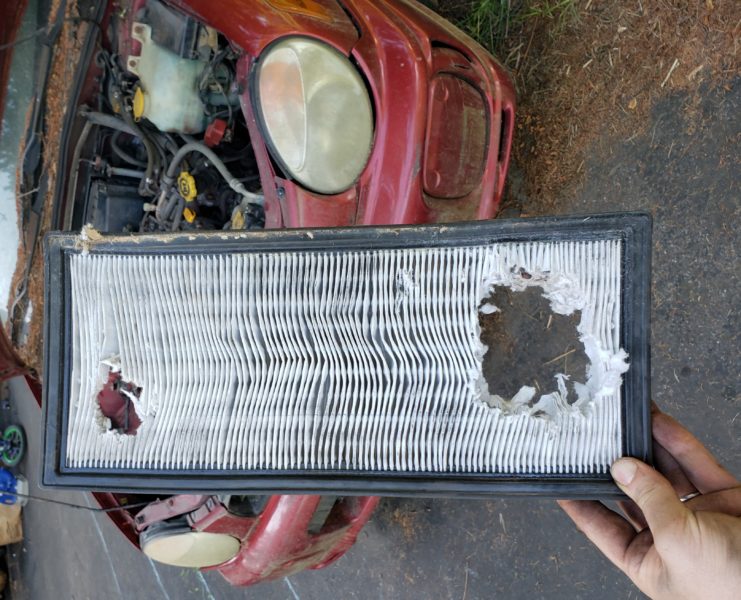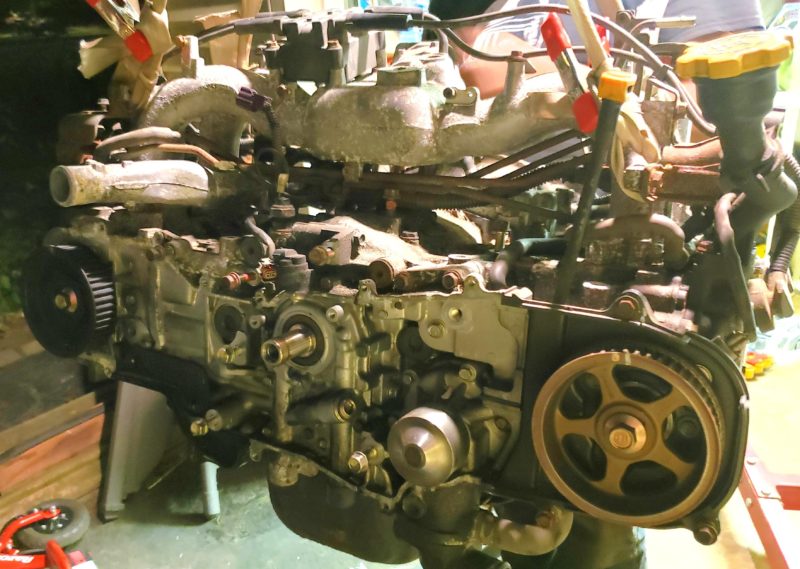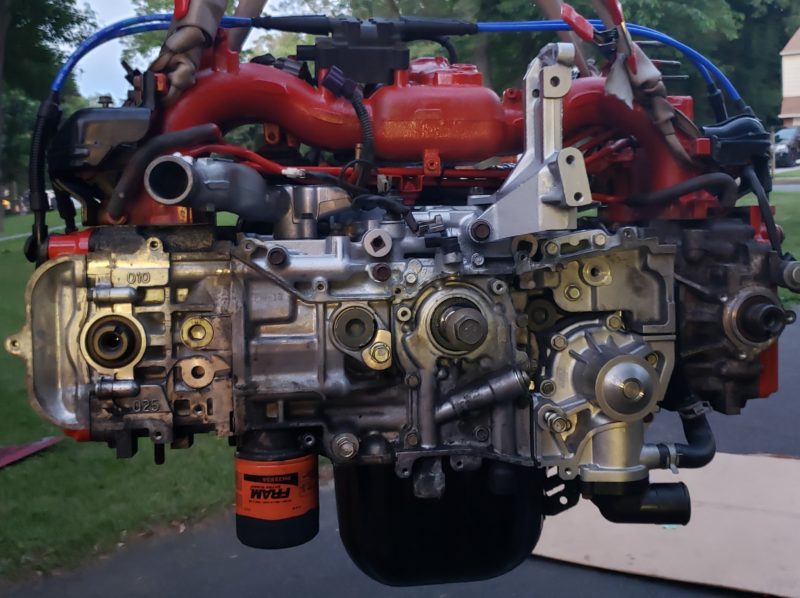
Earlier this year, I asked “Are Arguments from Authority Fallacious?” The answer to the question is practically always—but not absolutely—“Yes.” I engage in many different hot-button online debates, such as Roman Catholicism vs Protestantism, Evolution, Global Climate Change, and SARS-CoV-2. Almost inevitably someone will cite their favorite set of expert authorities and claim that the argument is ‘settled’. This is usually meant to both silence debate (i.e. argument from authority) and demean (i.e. ad hominem). We already know that citing experts in this way is fallacious, but let’s set that aside for the moment and examine expertise itself.
There are many questions. How important are experts to a debate? What do we even mean by an expert? Can a non-expert evaluate and cite an expert? Can a non-expert debate an expert or should he just blindly accept whatever the expert says? What are the advantages of being an expert? These questions do not have trivial answers and I cannot answer them all. Unfortunately, the colloquial definition of “expert” is ill-defined. Formally, an expert is:
Prior to a year ago, I had never worked on a car. I had never changed my own oil. I had never changed an air filter. The most I had done was top-off fluids and change a battery. What I did have was an EJ251 Subaru—with 175,000 miles, a smoke-producing blown head gasket, a worn clutch, and an old timing belt—sitting abandoned in my driveway for the previous two years. With no meaningful prior knowledge, I decided to fix it myself.
After verifying that it still drove (surprise!), I drained, unclipped, unscrewed, unbolted and removed.

I pulled the engine out, mounted it on the stand in my garage, and continued the disassembly.

Over the next few weeks, I stripped it down to the short block. Aside from the cylinder head resurfacing and the rear main seal replacement, the major work was done at home: replacing the clutch, flywheel, pressure plate, throw-out bearing, pilot bearing, water pump, timing belt, pulleys, and tensioner, spark plugs and cables, radiator, various gaskets and seals, fuel, air, oil, and cabin filters, the clutch master and slave cylinders, and motor mounts. I completely removed the A/C system. I resurfaced the head gasket surface on the small block using very fine grit sandpaper mounted onto flat glass (after sawing out the dowel pins with a file). I cleaned and painted it. Then, I reassembled it…

…and reinstalled the engine. After bleeding the clutch and getting the oil pressure up (running the starter with the ignition coil disconnected), the car started right up (with only a few back-fires) and was able to be taken on a test drive. In order to pass state safety inspection, I replaced the wiper blades and patched a rust hole above the wheel well. I would drive the car for five-hundred miles before it developed serious idling problems. I cleaned the throttle body, replaced potentially leaking hoses and valves, and swapped many sensors (e.g. IAC valve; MAP) before finally replacing the O2 sensors and adding additional grounding wires, solving the problem. Afterwards, I replaced the shocks and structs. I’m still eagerly driving the car and it has now passed inspection for two consecutive years.
How did a complete noob do it? While I had the assistance of muscular friend to help with removal, installation, and torquing, neither of us are experts and I did most of the work myself (while having zero prior experience). Before I could even hope to accomplish this project, I had to have the knowledge to do it. To that end, I got a factory service manual, watched a number of different YouTube videos, and read posts on forums. I studied, planned, and figured it out on-the-fly (e.g. when sources disagreed). I took my time. Later, I pulled the EJ252 engine from my other Subaru to replace its clutch. I also performed a valve gasket job on my Honda, again without any professional assistance.
Despite being significantly more experienced, even now I am hardly an expert at automotive repair. I have no certifications. I have no formal training. Despite my successes, I lack authority on the topic. There was always the chance that I could have destroyed my engine. Yet, the fact remains, I was successful.
Appeals to authority are fallacious because being an expert is no guarantee of success or rightness and being a non-expert is no guarantee of failure or wrongness. Objectively, it doesn’t matter what experts agree on if they are wrong: consensus is not truth. Most of us are experts in some area or another, while being non-experts in many other areas. But regardless of whether or not we are experts, it is usually best to just stick to facts and reason. The fallacy inevitably leads to overconfidence and bias. We should always be learning and willing to examine all beliefs: from experts and non-experts alike.

Pingback: The Wisdom of the Masses
Pingback: Hobbies and Experiences